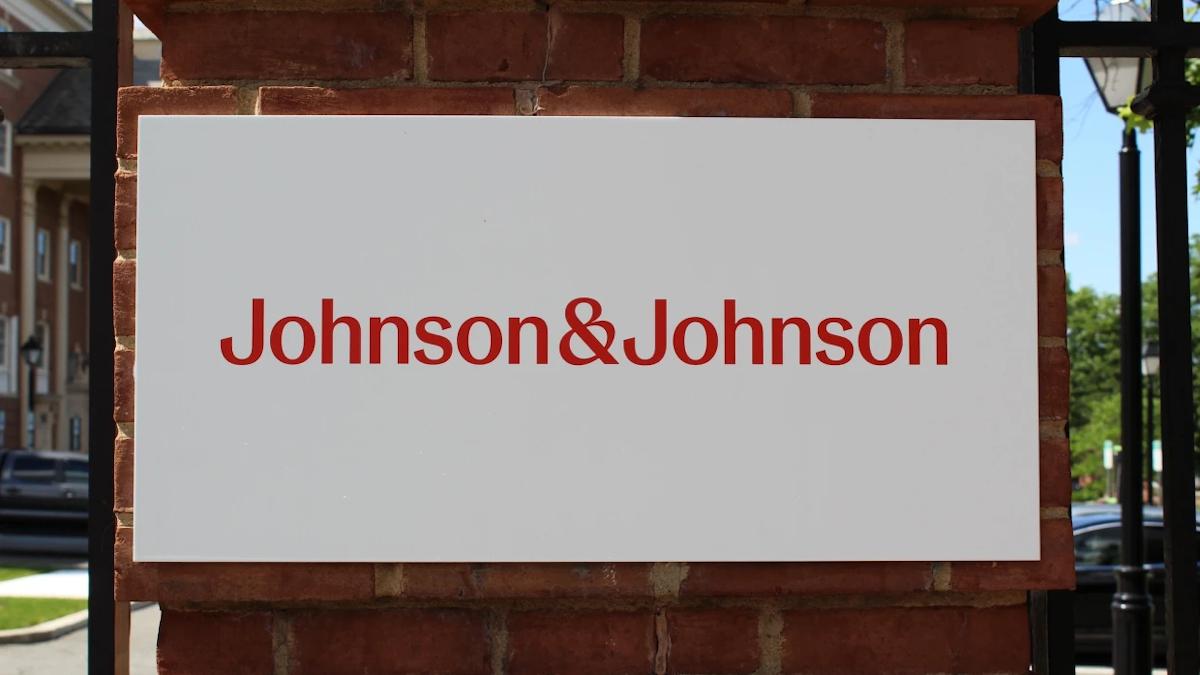FDA clears J&J's 2-in-1 tablet for prostate cancer

Johnson & Johnson has been given FDA approval for Akeega, a combination tablet for first-line treatment of adults with BRCA-positive metastatic castration-resistant prostate cancer (mCRPC).
The decision follows a green light earlier this year in the EU for the drug, which is based on J&J's PARP inhibitor niraparib and the active ingredient in its blockbuster androgen inhibitor Zytiga (abiraterone acetate), as well as clearance in Canada in June.
As in the other markets, the approved indication limits the use of the drug to patients with BRCA1 or BRCA2 mutations.
That puts Akeega at a disadvantage against AstraZeneca and MSD's rival PARP inhibitor Lynparza (olaparib) in Europe, which can be used alongside Zytiga in mCRPC patients across the board, without the need to test for mutations.
In the US, however, the playing field is level, with the Lynparza/Zytiga combination also only cleared for use in BRCA-mutated patients.
Patient organisation ZERO Prostate Cancer said Akeega will be an "important option" for patients with this form of cancer and also "highlights the need for the importance of genetic testing and precision medicine for this disease."
Somewhere between 10% to 15% of patients with mCRPC have BRCA gene alterations, making them more likely to experience poor outcomes and a shorter survival time.
The FDA approval draws on a phase 3 trial of Akeega, called MAGNITUDE, which showed that the addition of niraparib to Zytiga plus prednisone or prednisolone significantly improved radiographic progression-free survival (rPFS) by 47% compared to standard of care in untreated mCRPC patients with BRCA1/2 mutations.
However, Akeega failed to improve rPFS compared to Zytiga alone in mCRPC patients without homologous recombination repair (HRR) mutations, of which BRCA accounts for around half of all cases. For the overall group, the improvement in rPFS was 27%.
After two years of follow-up, trial investigators also reported a trend towards improved survival with Akeega in patients with BRCA mutations, but not in the larger HRR-positive group.
A third adversary for Lynparza and Akeega in this cancer is Pfizer's PARP inhibitor Talzenna (talazoparib) – which was approved for mCRPC patients with HRR mutations in June.
The combination showed a 37% reduction in rPFS in an all-comer population when combined with anti-androgen therapy Xtandi (enzalutamide) in the TALAPRO-2 study, and a 55% reduction for patients with HRR mutations.
Prostate cancer is the second-most commonly diagnosed cancer in men and – despite an increase in the number of available treatments for men with mCRPC – five-year survival remains obstinately low at around 15%.
The FDA approval for Akeega is the second for J&J's oncology business in a week, coming shortly after it got the nod for Talvey (talquetamab), a first-in-class CD3xGPRC5D bispecific antibody for multiple myeloma.













